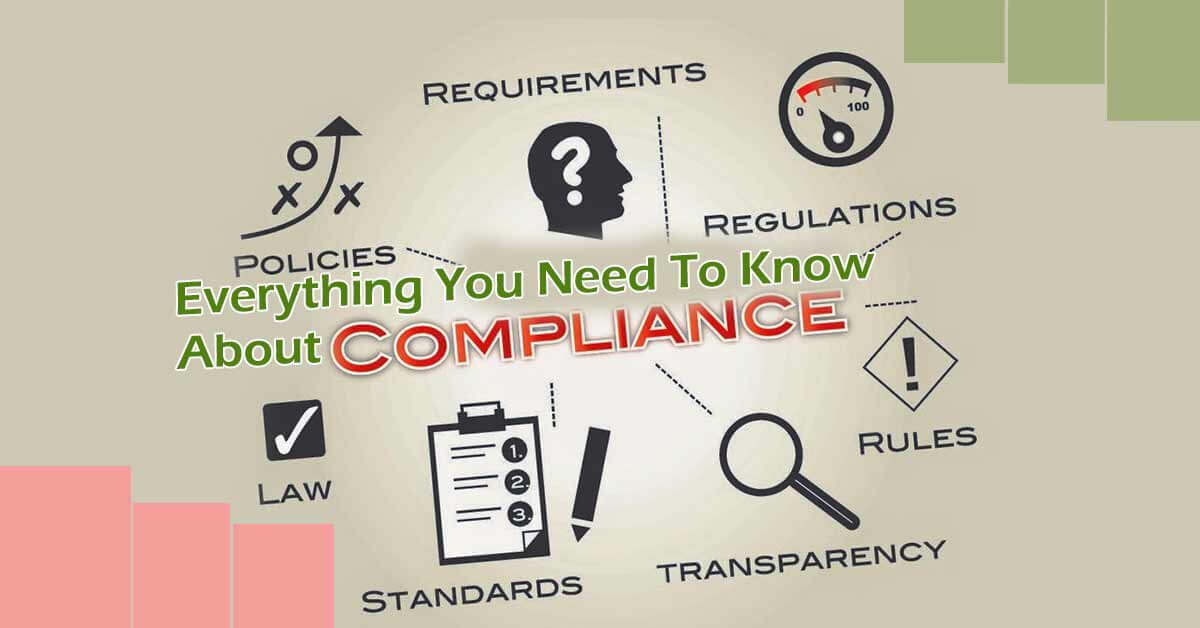
The term ‘Corporate Compliance’ refers to the way business firms, companies, and organizations ensure that they are following all the rules, regulations, and policies that apply to their business in all aspects. It usually involves designing, implementing, and monitoring all practices, procedures, and training. Corporate Compliance Programs are the formal policies that prevent violations of Corporate Law Compliance, provide training on relevant regulations, implement compliance procedures, and monitor violations. Without these elements, every company is prone to risk and legal liability. Although the types of compliance policies and programs appropriate for a specific company vary as per its size and complexity of operations, all companies, whether large or small, benefit from having an effective corporate compliance program in place, provided it is well-designed and actively monitored from time-to-time. Therefore, if your company still doesn’t have a formal corporate compliance program, it is high time you get in touch with a Corporate Compliance Attorney and start working on it.
VITAL COMPONENTS OF CORPORATE COMPLIANCE
For having a successful corporate compliance program, it is essential to include all the standards and controls that ensure compliance by every employee of the company. Three vital components of corporate compliance achieve this, namely, Code of Conduct, Compliance Standards and Policies, and Compliance Procedures.
CODE OF CONDUCT
The compliance tone of a company is established by the code of conduct, which further sets the ethical principles of the business along with the general principles using which and employees and management conduct operations.
COMPLIANCE STANDARDS AND POLICIES
The compliance standards and policies govern the rules and expectations for each of the key areas of corporate compliance.
COMPLIANCE PROCEDURES
The compliance procedures set the day-to-day practices and requirements for the proper implementation, management, and enforcement of the compliance standards and policies.
COMPLIANCE MONITORING AND AUDITING
Without compliance monitoring and auditing, it becomes arduous to enforce the compliance objectives or even know whether all the compliance policies are being adhered to or not. To quickly detect problems and issues, and correct violations in real-time, it is imperative to have all the monitoring programs in place. Such programs should identify and address the concerns and gaps in compliance regularly and consistently. Auditing, on the other hand, reviews the entire picture of a company’s compliance programs from time-to-time that may be weekly, monthly, quarterly, or annually, to find anything missed by the compliance programs.
MOVING FORWARD WITH COMPLIANCE
In today’s highly competitive business environment, transparency is necessary to establish trust with your employees, clients, and stakeholders. By adhering to the laws, you can ensure fair and civil business practices in your organization at all times. While the requirement for corporate compliance varies across public, private, large, and small corporations, investing time and effort in compliance is better done earlier than later as the costs of noncompliance can damage both the financial state and reputation of a business.

